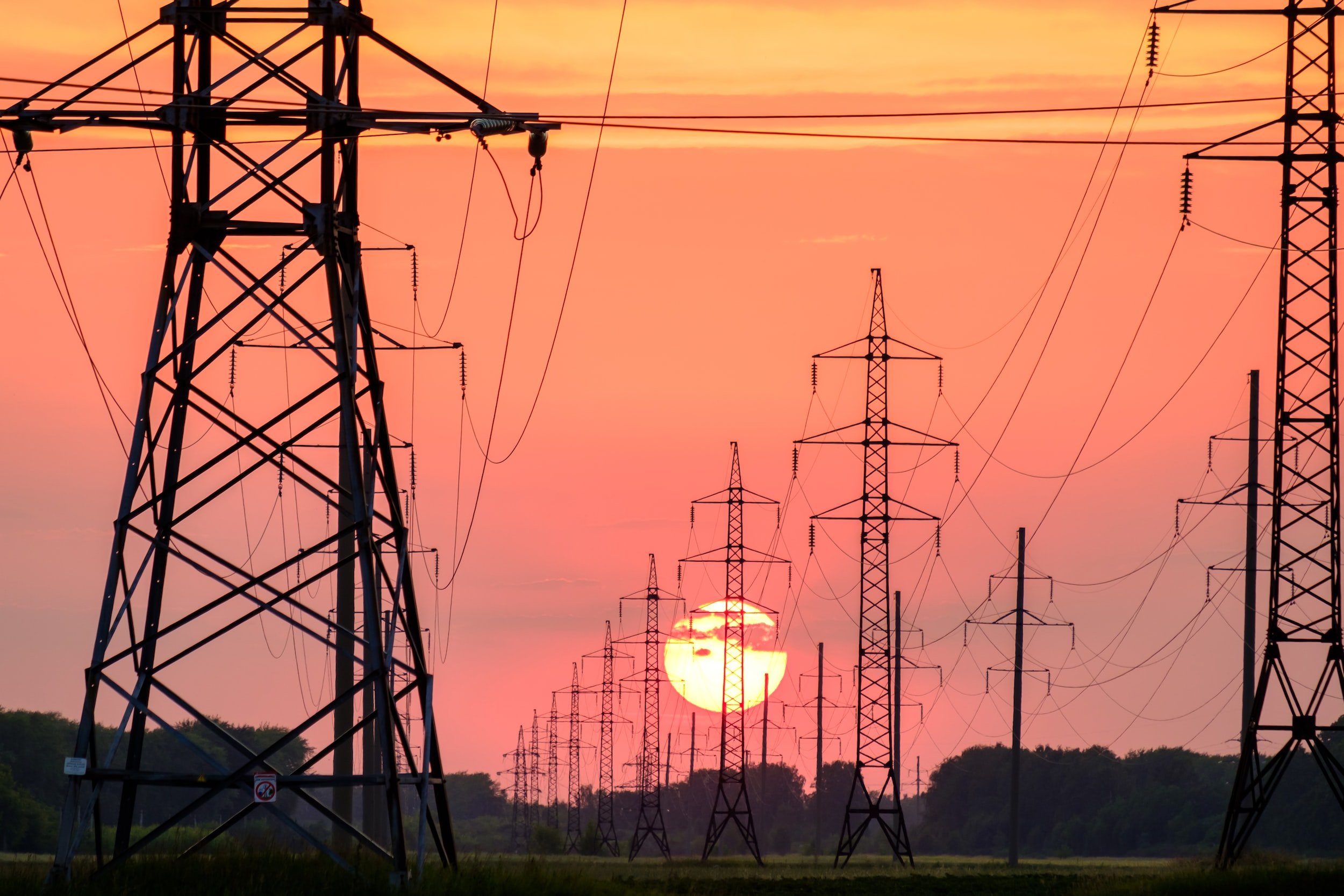1922 Backbench Committee on BEIS Inquiry 4: Energy Market Reform: Tackling the energy trilemma

The 1922 BEIS Backbench Committee has released the report ‘Energy Market Reform: tackling the energy trilemma,’ following its inquiry into how the UK’s energy markets should be reformed for the next stage of the UK’s energy transition.
The report is calling on the government to:
• Split the current Department for Business into a Department for Energy and a Department for Business
• Introduce local referendums for onshore wind and solar and shale projects, with 100% energy bill compensation for local residents most affected
• Promote renewable energy projects and power lines to be built alongside motorways
• Promote floating wind on Britain’s west coast
• Introduce a mix of incentives and regulations to boost the uptake of smart meters
• Replace the Energy Price Guarantee with a lower tariff for a given number of units of energy for each household
Dame Rt Hon. Andrea Leadsom MP, Chair of the 1922 BEIS Backbench Committee said: “Since 2010, Conservative-led Governments have driven rapid progress in decarbonising the UK’s energy system. Putin’s invasion of Ukraine has put extraordinary pressure on countries’ energy systems, and has demonstrated the importance of what is sometimes called the “energy trilemma” - keeping the lights on, whilst keeping bills down and decarbonising.
This report recommends reforms for the next phase of the UK’s energy system, with a focus on all three legs of the trilemma. Our overriding conclusion is that urgent Government action is needed, both on promoting domestic energy generation and on facilitating energy demand reduction. To do this requires significant leadership focus on the entire energy brief which should be separated out from the rest of BEIS, with its own Secretary of State and with a clear mandate to resolve the UK’s energy trilemma.
The growth of new green industries in the UK, with the potential for global exports of technology and know how, together with the need to phase out traditional fossil fuel use, offers great opportunities for green jobs, growth and ‘levelling up’ right across the UK. There is potential to revitalise UK manufacturing to support the growing supply chain in pursuing UK energy sovereignty.”
The full report can be read here.





